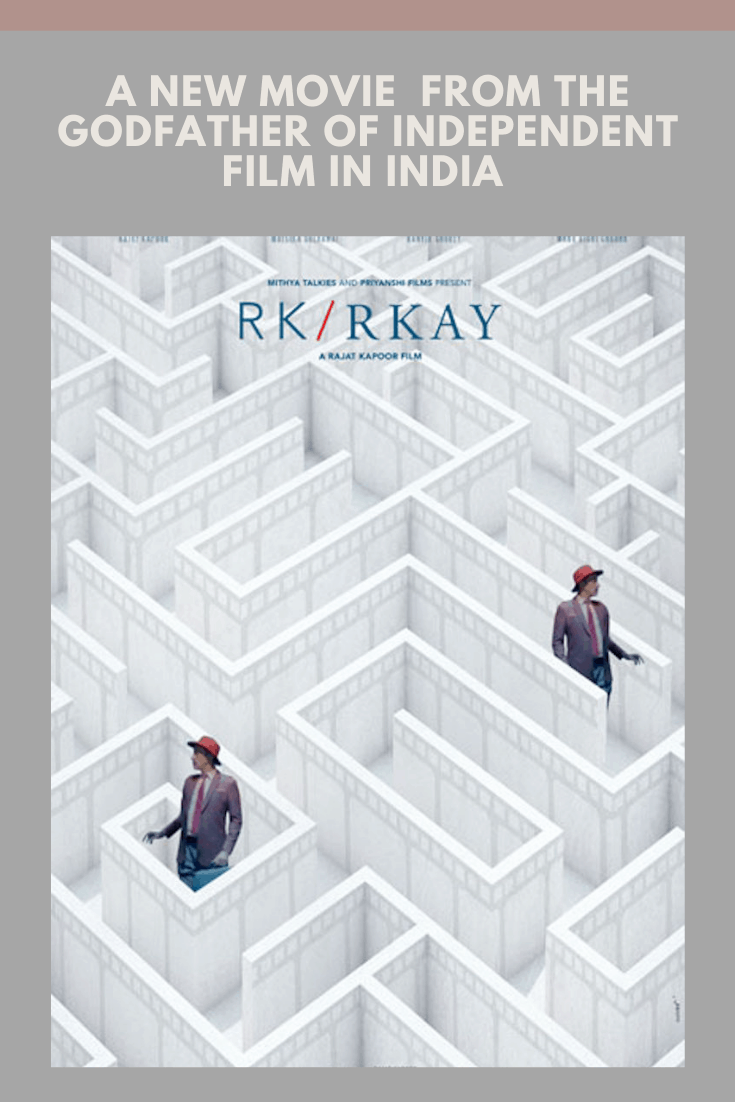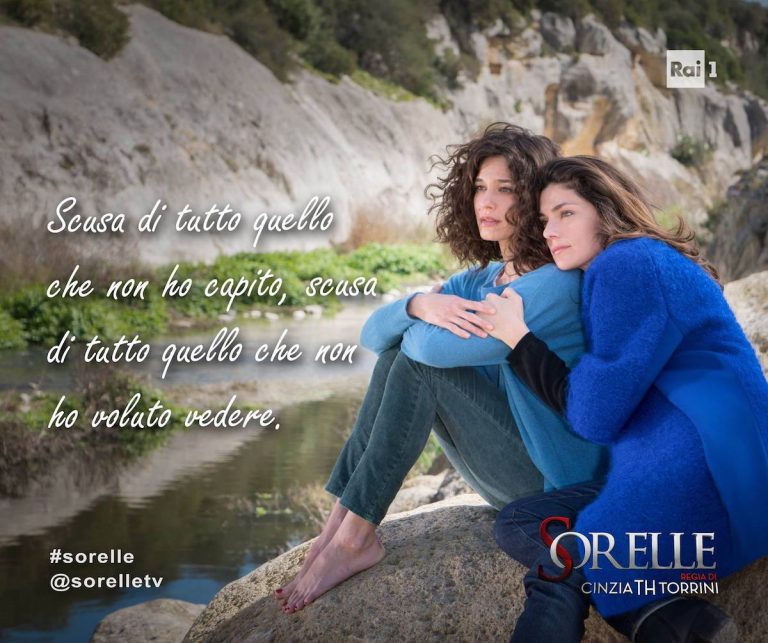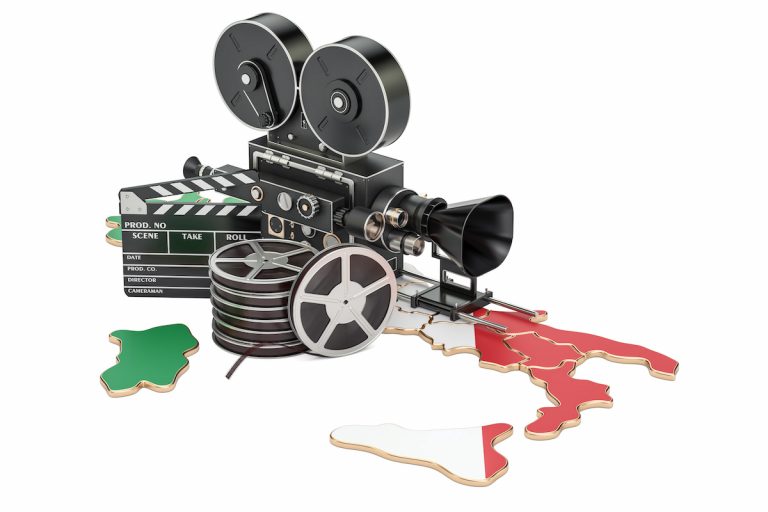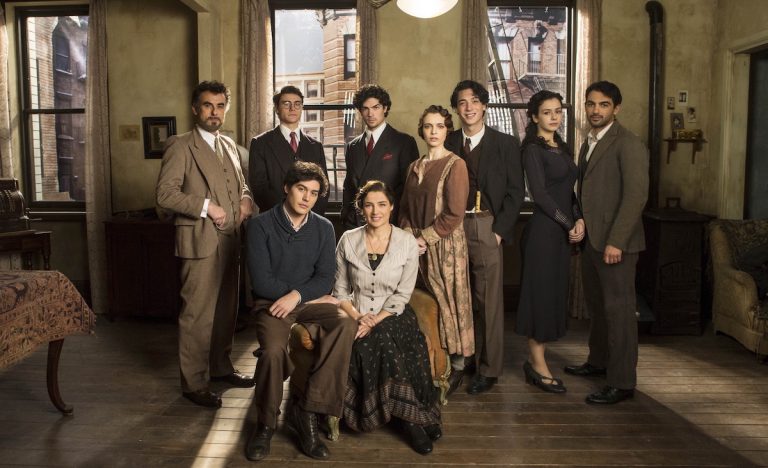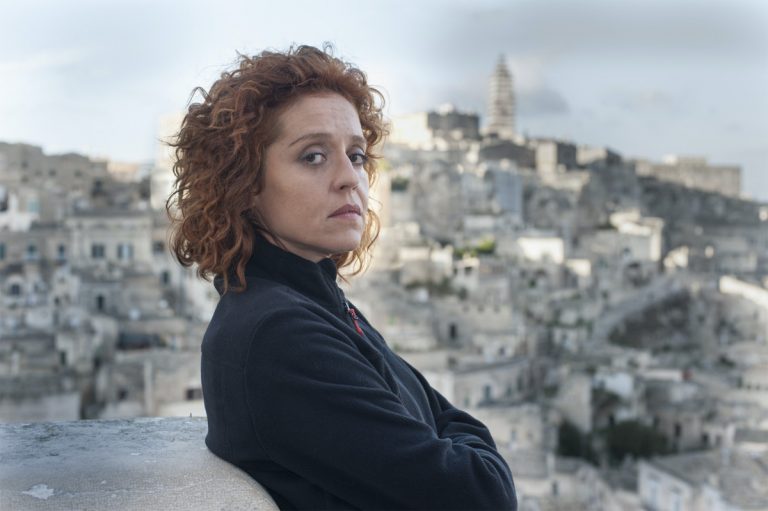RK/RKAY: New Indian “Film Within A Film” by Rajat Kapoor
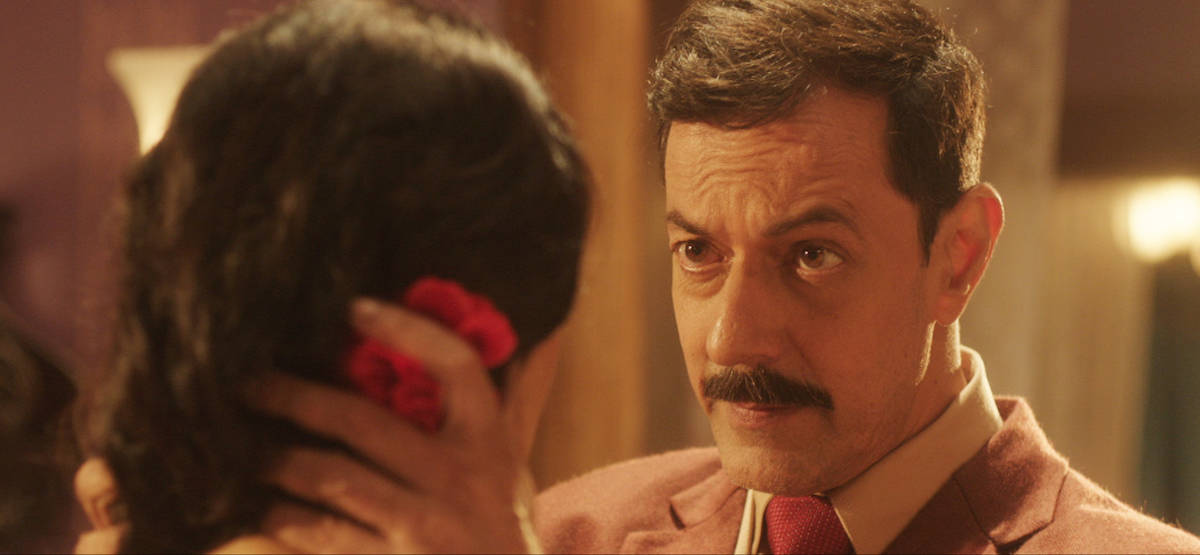
RK/RKAY is a quirky, new comedy directed, written by, and starring Rajat Kapoor, who has been called the “godfather of independent film” in India.
With international borders largely closed, staying at home and being unable to travel often feels confining. But it has also provided many of us with new opportunities to see and engage with the world virtually. I was fortunate to have the opportunity to preview RK/RKAY, a soon-to-be-released film, and have the chance to ask questions of its multi-talented actor/director, Rajat Kapoor.
My first exposure to the cinema of India has been quite a positive one; this film was engaging, thought-provoking and entertaining. I’m hoping to see more of Kapoor’s work.
The storyline
This creative “film in a film” tells the tale of a director who has an uneasy feeling that his latest project will somehow never successfully come to fruition. His worst nightmare comes true when he gets a disturbing phone call from the editing room. Somehow, the protagonist of the film jumped out of the screen, wresting control of the movie’s plot.
“The character Mahboob who is destined to die at the end of the film, rebels against his destiny and runs out of the film as an act of defiance,” explains Kapoor.
After much angst, RK eventually finds his lead character and takes him to his home. But then the somewhat annoying guy begins to immerse himself in the real life of the filmmaker, his wife, and two children.
The characters

Rajat Kapoor skillfully moves between two roles: that of the director, RK, and the main character, Mahboob. One can’t help wonder if the story is a bit autobiographical given the transparent initials of the protagonist and the fact that most creatives suffer bouts of insecurity about how their work will be perceived.
The female lead, a high-maintenance actress named Gulabo, is played by another talented Indian actor, Mallika Sherawat. The two stars are joined by an ensemble cast.
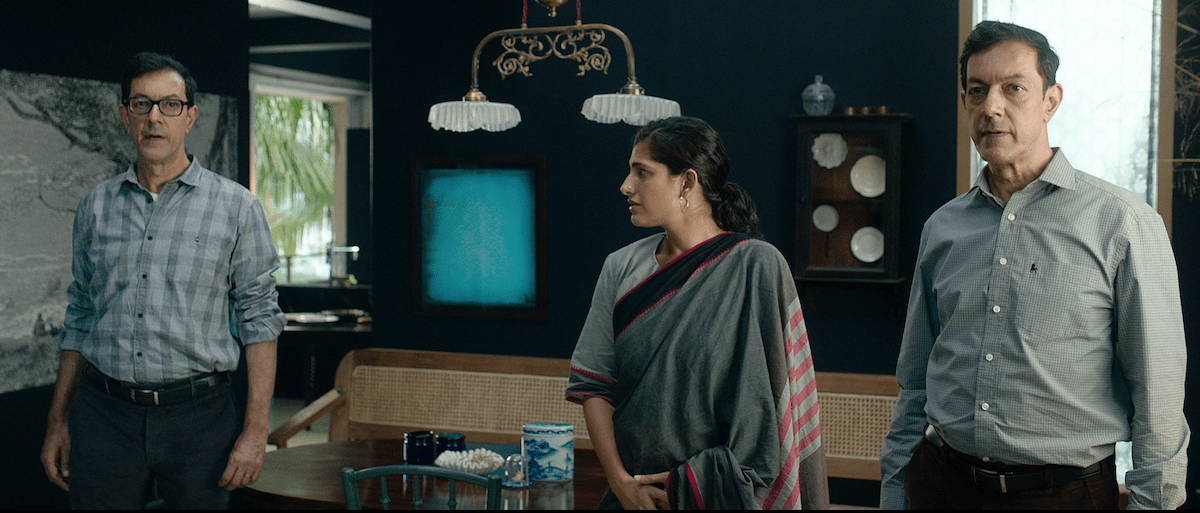
An interview with the real Rajat Kapoor
What was your own path to a career in moviemaking? Did you consider any other professions?
Rajat Kapoor: As I remember, I have had this idea that I wanted to make films since I was 14 or 15 years old, This wasn’t a fantasy; it was more of a resolution.
Of course, I had no idea how I would get there, or what path I should follow. It took me another ten years until I took my first concrete step towards that goal when I went and joined the premier film school in India, The Film and Television Institute of India (FTII).
Which American movies or directors have had an impact on your work?
RK: It all started with Hollywood for me, before I discovered European cinema at the age of 16. I remember watching Taxi Driver, Annie Hall, Manhattan, and The Godfather in the cinema halls in Delhi. These films left a huge impact on a boy of 17 or18 years old.
Later, I discovered Billy Wilder, Hitchcock, John Ford, John Cassavetes, Robert Altman, and films by Woody Allen and Martin Scorsese. Now you could add the Coen Brothers and Christopher Nolan to that list.
I’ve always been enthused by the genre films from America, all genres: noir, gangster, etc., but most of all I think I have a huge love for the wonderful musicals from the fifties.
So you see, it’s all kinds of films that I have loved and enjoyed and that have influenced my work.
Why did you decide to go the independent route? How do the challenges of creating independent films in India compare to those in the U.S.? Are crowd-funded films common in India?
RK: Well, it wasn’t like I decided to go the independent route. You make the films that you believe in; something that is closer to your sensibility, your overall aesthetics, and world view. Regular mainstream Hindi films did nothing to me either emotionally or intellectually.
I was just trying to tell stories my way. Now, if that aligns with what is called independent, so be it. I was just looking at ways to tell a story in an interesting way, something that I’d be excited to watch as an audience.
I don’t know much about the struggles of indie films and filmmakers in the US but in India, it’s never been easy. The hegemony of Bollywood filmmaking makes any other kind of viewing of a story or telling of a tale an absolute no-no. Audiences have been brainwashed into believing this is the only way a story can be told. Even more than the audience, it is the producers and distributors and exhibitors who live by the Bollywood Bible.
Trying to find funding for a film that is not mainstream is extremely tough, and trying to find a release for such a film is often even more difficult. Crowdfunding was an act of desperation. No there are not too many films that go this route.
In fact, I made a comedy film in 2003 called Raghu Romeo– for which I raised part of the money through crowdfunding. That may have been the first time it was ever tried in India.
What were the challenges involved in playing two roles and directing the film?
RK: I have acted and directed before, in Mixed Doubles, Ankhon Dekhi, and Kadakh, and I don’t normally find it difficult.
But RK/RKAY was a different ball game. For one I was playing the lead role here. And as if that was not enough, I was playing a double role.
Normally, when I direct, I get a lot of help from the actors in the film. I have an idea of the role, and then the actor who plays it brings in his own. That helps break some of my preconceived notions and the film gains a lot. When two actors work together in a scene, there is a give and take, improvisation, even a kind of one-upmanship, that can take the scene to an unexpected plane.
In this film, very often, I was acting opposite myself. When I thought I did something smart, or funny, there was no reaction from anybody. There was no co-actor, and the crew was mostly silent. So yeah, it was a bit like shooting in the dark. You just go along with your instincts and gut feeling.
Does the story plot have any parallels to your own life?
RK: Not really. No character has run out of any of my films yet. But we did try to play with the idea that RK could be me in real life. My son and daughter are called Vivan and Rabia, like RK’s kids in the film.
Like RK, are you recognized by the public in India?
RK: I think yes, but that is more because I am also an actor. Most of the people have seen me in some film. If I was only a director and not an actor, I don’t think many people would recognize me.
Do you, like RK, often have that “sinking feeling” towards the end of a project? What about this one?
RK: That is a constant. Especially at the beginning of the edit. In every film, the first 10 days of edit are horrible. It’s always the feeling of ‘”What have we done?” or “Oh my God, why didn’t I see it on the shoot? This is shit!’
But over the years I’ve learned that this feeling is not the real way to judge the film. The film is hidden there, somewhere in the rushes, and our job in editing is to find the film that exists there but may be reluctant to show itself. This process of excavating is very exciting for me.
How did the pandemic affect the production and distribution of this film?
RK: There was a big lockdown in India most of last year, and just when things had started to look a little better, we are in a lockdown again.
The only film I have watched in the theatre in the last 12 months, was Tenet. We saw it at the IMAX theatre and I think there were 8 or 9 other people in that screening. Both distribution and production have been seriously impacted but I do believe it will spring back to full capacity soon.
Do you think RK/RKAY will have the same appeal to Hindi and American audiences? Will anything be lost in translation?
RK: I think there is always something lost in translation. I have no idea how the audience anywhere will react to the film, either in India or America. You make a film that you believe in, and then you let it out in the world, hoping it will mean something to another soul. If it does, that’s rewarding enough.
RK/RKAY was filmed in Mumbai India. Recorded in Hindi, it is subtitled in English.
RK/RKAY first aired on May 14, 2021, both in-person or virtually on Eventive.com, or from your local arthouse theatre. A list of the theaters is available from Outsider Pictures.
The film has been recognized by the Bucheon Fantastic Film Festival and Shanghai International Film Festival.
Save to Pinterest!!
